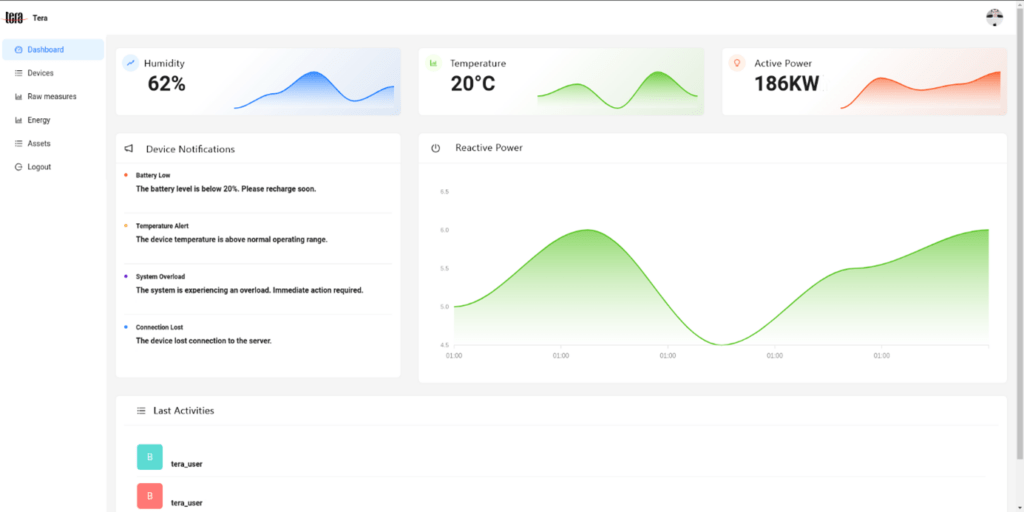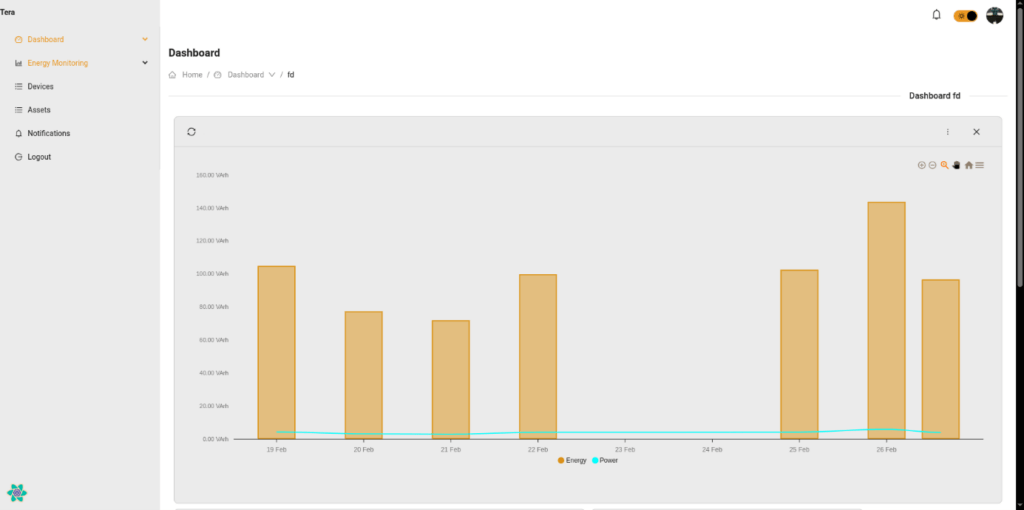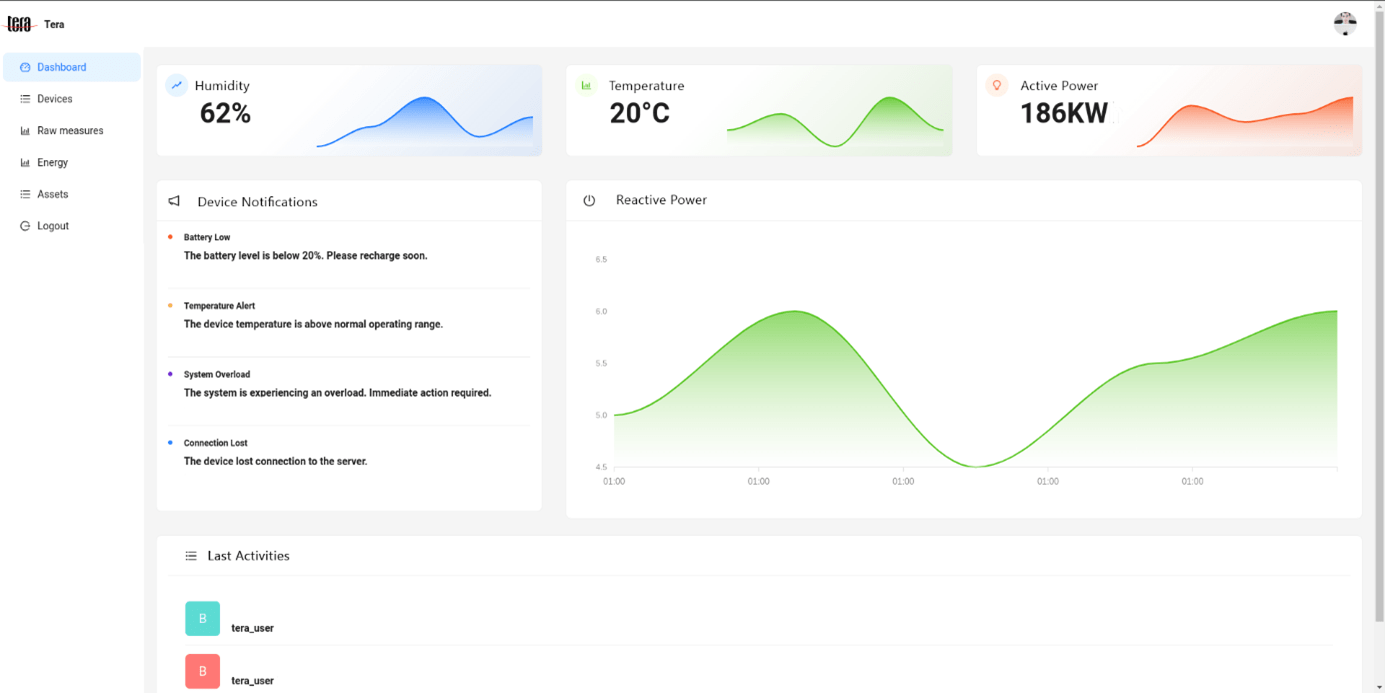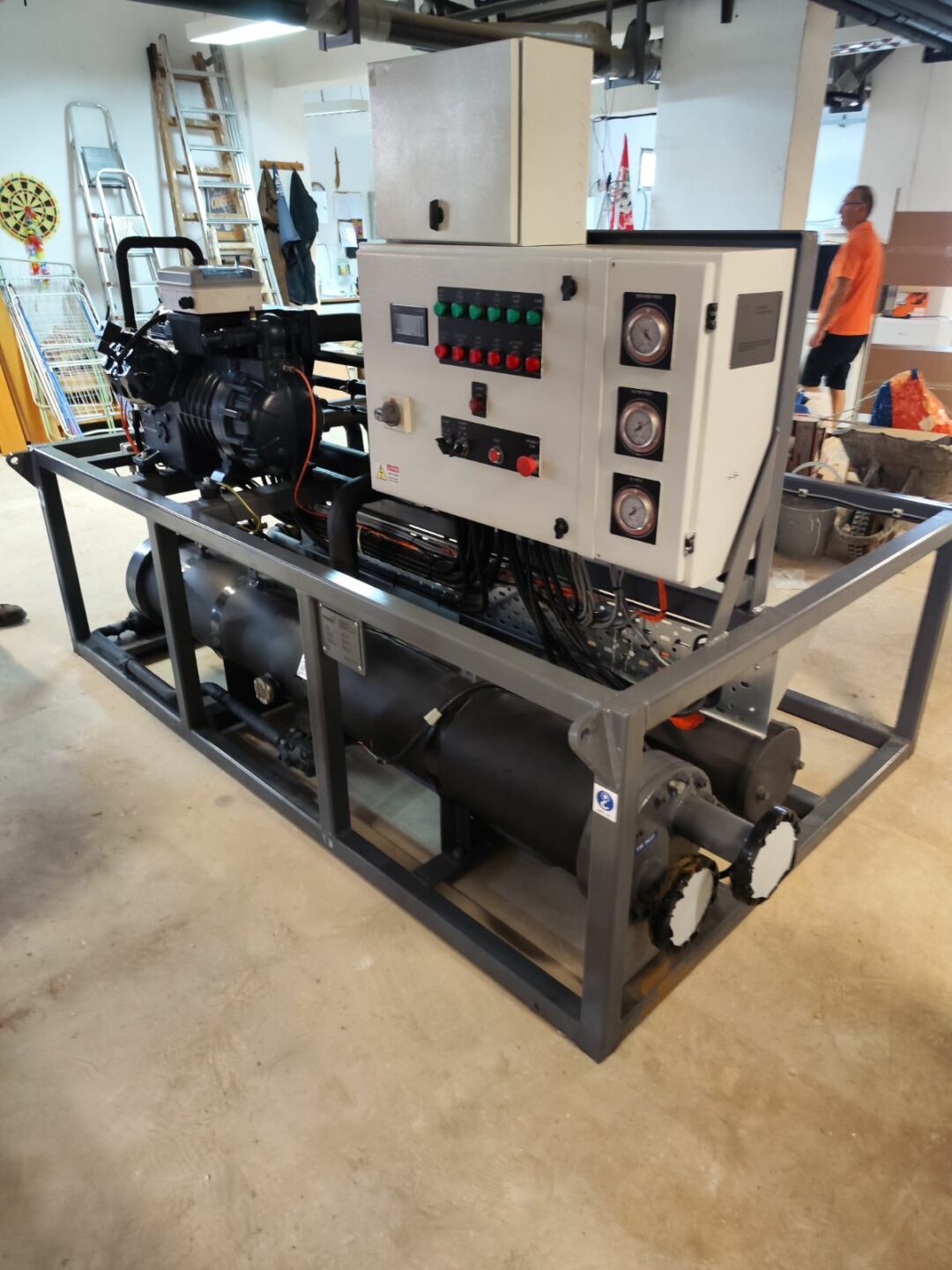Background and Introduction
As the world moves towards more sustainable and energy-efficient building solutions, many existing systems still rely on fossil-fuel-based technologies and outdated infrastructures lacking inter-connectivity and automation. These limitations reduce their overall efficiency and adaptability to modern energy needs. Nowadays the integration of smart, IoT-based, and data-driven solutions is essential in multiple sectors to advancing energy efficiency and creating a more resilient and sustainable built environment.
In response to this challenge, Tera is developing an open-source monitoring software framework as part of the REHOUSE project. This framework will be deployed at the Margherita di Savoia demosite in Puglia, Italy where it will support real-time monitoring for the refurbishment of social housing solutions. By integrating intelligent control logics, developed by other project partners, into a centralized holistic heating and cooling (H&C) renovation kit, the system will help optimize energy use, improve occupant comfort, and enable better integration of renewable energy sources.
Tera’s Role in REHOUSE Project
The REHOUSE project seeks to revolutionize building renovation strategies by deploying cutting-edge technologies that improve energy efficiency and sustainability. One of its core innovations, RP#4, introduces a centralized H&C renovation kit.
As a key partner in REHOUSE, Tera is responsible for the entire monitoring solution to be deployed on the building, including the development an open-source monitoring platform that underpins this innovative renovation kit.
At the core of the monitoring solution are Tera’s multiprotocol edge computers: both Linux based, the BeetaBox, designed for indoor sensing and capable of implementing Italian fiscal meter protocols (Chain1/Chain2) to directly read data from fiscal energy devices, and GioE, which retrieves external data such as photovoltaic (PV) production and heat pumps (HP). With expertise in IoT, edge computing, and smart energy management, Tera ensures that the system:
- Collects and analyzes real-time data from sensors installed throughout the building.
- Facilitates the implementation of control logics to enhance energy efficiency and responsiveness.
- Provides an intuitive visualization and dashboarding of data retrieved from IEQ sensors and of energy consumption/production , raising awareness among residents about their consumption habits.
By leveraging open-source architecture, the framework enhances interoperability, allowing different technologies and devices with multiple communication protocol to integrate seamlessly with Tera’s solution and the RP#4 technology stack.

Benefits for Tera: Project Impact
- Participation in REHOUSE provides Tera with significant advantages:
- Innovation Leadership: Developing an open-source monitoring platform strengthens Tera’s position as a leader in smart IoT technologies.
- Expanded Expertise: The project enhances Tera’s capabilities in integrating control logics of third-party companies and smart sensing technologies, advancing its future solutions.
- Scalability Potential: The software framework can be replicated across multiple renovation projects, expanding market opportunities.
- Collaborative Growth: Engaging with leading European partners fosters valuable knowledge exchange and technology co-development.
Benefits for the EU and the International Community
Beyond Tera’s specific gains, our participation in REHOUSE and RP#4 in particular offer broader global impacts:
- Energy Efficiency and Decarbonization: Optimizing renewable energy integration and reducing fossil fuel dependence contribute to the EU’s climate goals.
- Open-Source Solutions: The project’s open-source approach ensures that municipalities, developers, and researchers worldwide can benefit from its advancements.
- Enhanced Living Conditions: The intelligent monitoring system improves indoor thermal comfort while reducing operational costs thanks to the higher awareness of the users, benefiting social housing tenants and building owners alike.
Conclusion
Through Tera’s development of an open-source monitoring framework, REHOUSE is setting new standards for smart energy renovations. By integrating IoT smart sensing technologies, control algorithms, and a cloud-based monitoring platform, the project will demonstrate its full potential at the Margherita di Savoia demosite. The results will highlight how digital and hardware innovations can transform social housing and contribute to a more sustainable future for Europe and beyond.

Author’s name: Raffaele Piscitelli, Project Manager, Tera srl
Website: https://www.terasrl.it/it
LinkedIn: www.linkedin.com/company/tera-srl





